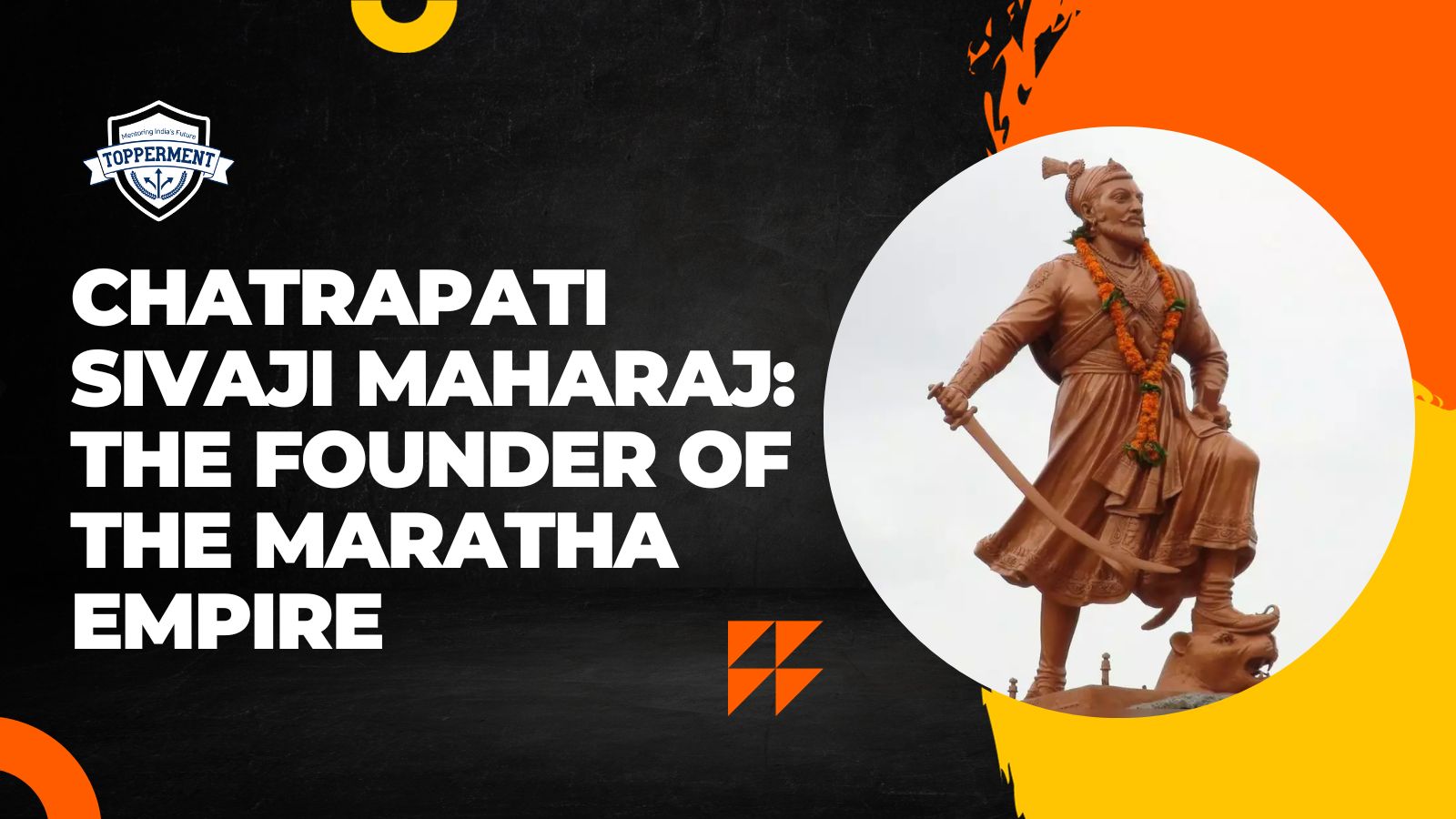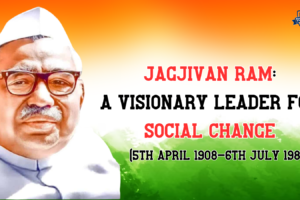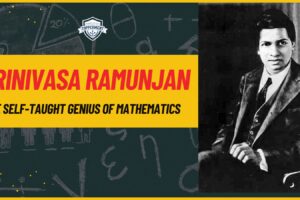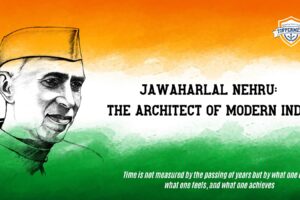
Chhatrapati Shivaji: The Great Maratha Warrior | Indian National Personalities
Chhatrapati Shivaji was one of the most influential and revered rulers in Indian history. He was the founder of the Maratha Empire, which challenged the Mughal domination in India and established a Hindu kingdom that spanned across most of the Indian subcontinent. He was also a visionary leader, a brilliant strategist, a courageous warrior, a benevolent administrator, and a patron of arts and culture. Background
Shivaji was born in the hill-fort of Shivneri, near the city of Junnar, which is now in Pune district of Maharashtra. Scholars disagree on his date of birth. The Government of Maharashtra lists 19 February as a holiday commemorating Shivaji’s birth (Shivaji Jayanti). Shivaji was named after a local deity, the goddess Shivai Devi.
Shivaji’s father Shahaji Bhonsle was a Maratha general who served the Deccan Sultanates. His mother was Jijabai, the daughter of Lakhuji Jadhavrao of Sindhkhed, a Mughal-aligned sardar claiming descent from a Yadav royal family of Devagiri. Shivaji belonged to a Maratha family of the Bhonsle clan.
Chhatrapati Shivaji Education and Career
Shivaji received his early education from his mother Jijabai and his tutor Dadoji Konddeo. He learned about the Hindu scriptures, history, politics, warfare, and administration from them. He also learned several languages, including Marathi, Sanskrit, Hindi, Persian, and Arabic.
Shivaji started his military career at a young age. He was inspired by his father’s exploits and by the stories of his ancestors who had fought against the Muslim invaders. He also witnessed the oppression and persecution of the Hindus by the Muslim rulers. He decided to liberate his people from their tyranny and establish a Hindu kingdom in India.
Shivaji began his conquests by capturing the weaker Bijapur outposts in the Deccan region. He gradually expanded his territory by building forts, forming alliances, and defeating enemies. He fought against the Mughal Empire, the Sultanate of Bijapur, the Sultanate of Golkonda, and the European colonial powers. He also established a navy to protect his coasts and trade routes.
In 1674, he was formally crowned as the Chhatrapati (the supreme sovereign) of his realm at Raigad Fort. He became the founder of the Maratha Empire, which eventually became one of the largest and most powerful empires in Indian history.
Philosophy
Shivaji was a devout Hindu who followed the teachings of Ramdas Swami, a saint and spiritual guru. He respected all religions and granted religious freedom to his subjects. He did not impose any tax or discrimination on non-Hindus. He also protected many temples and holy places from destruction by his enemies.
Shivaji was a champion of social justice and equality. He abolished feudalism and serfdom in his empire. He gave equal rights and opportunities to all castes and classes. He recruited people from various backgrounds in his army and administration. He also encouraged women’s education and empowerment.
Shivaji was a patron of arts and culture. He promoted the use of Marathi and Sanskrit languages in his court and administration. He supported many poets, writers, musicians, painters, sculptors, and architects. He also commissioned many literary works, such as Siva-Bharata (a biography of Shivaji), Raja-Rishi (a treatise on kingship), Siva-Sahasranama (a hymn to Shiva), etc.
Contribution to India
Shivaji’s contribution to India is immense and unparalleled. He is considered as one of the greatest heroes and nation-builders of India. He is credited with:
- Creating a strong and independent Hindu kingdom in India that resisted foreign invasion and domination.
- Uniting the diverse regions and peoples of India under one flag and one identity.
- Reviving the ancient Hindu traditions, values, and culture that had been suppressed by the Muslim rulers.
- Developing a modern and efficient system of governance, administration, taxation, law, defense, education, trade, etc.
- Inspiring generations of freedom fighters and nationalists who followed his footsteps and fought for India’s independence.
Literary Works
Shivaji was not only a great ruler and warrior, but also a great writer and poet. He composed many poems and letters in Marathi and Sanskrit languages. Some of his famous works are:
- Shiva-Digvijaya (The Victory of Shiva): A poem that describes his conquests and achievements.
- Shiva-Pratap (The Glory of Shiva): A poem that praises his own qualities and virtues.
- Shiva-Rajyabhisheka (The Coronation of Shiva): A poem that narrates the ceremony and festivities of his coronation.
- Shiva-Bhakti (The Devotion to Shiva): A poem that expresses his faith and devotion to Lord Shiva.
- Shiva-Raksha (The Protection of Shiva): A poem that invokes the blessings and protection of Lord Shiva.
- Shiva-Stuti (The Praise of Shiva): A poem that glorifies Lord Shiva as the supreme deity.
- Shiva-Mantra (The Mantra of Shiva): A poem that contains the sacred mantra of Lord Shiva: Om Namah Shivaya.
- Shiva-Nama (The Name of Shiva): A poem that lists the thousand names of Lord Shiva.
- Shiva-Sankalpa (The Resolve of Shiva): A poem that declares his resolve and determination to fulfill his mission and vision.
Titles and Appreciations
Shivaji was honored with many titles and appreciations by his friends and foes alike. Some of them are:
- Chhatrapati: The supreme sovereign, conferred by Gaga Bhatt, a Brahmin priest, at his coronation.
- Kshatriya Kulavantas: The head of the Kshatriya clan, conferred by Gaga Bhatt, a Brahmin priest, at his coronation.
- Haindava Dharmoddharak: The upholder of the Hindu faith, conferred by Ramdas Swami, a saint and spiritual guru.
- Shakakarta: The creator of an era, conferred by Ramdas Swami, a saint and spiritual guru.
- Raja Shivaji: The king Shivaji, conferred by Aurangzeb, the Mughal emperor, in a letter.
- Raja Ramchandra: The king Ramchandra, conferred by Aurangzeb, the Mughal emperor, in a letter.
- Srimant: The honourable, conferred by Jai Singh I, a Rajput general of the Mughal army.
- Maharajadhiraj: The king of kings, conferred by Shivaji himself in his coins and inscriptions.
Death and Legacy
Shivaji died on 3 April 1680 at Raigad Fort, after suffering from fever and dysentery. He was cremated with full state honours at Raigad Fort. His eldest son Sambhaji succeeded him as the second Chhatrapati of the Maratha Empire.
Shivaji’s legacy is everlasting and incomparable. He is revered as a national hero and a symbol of courage, patriotism, and Hindu pride. He is celebrated as the father of the Indian Navy and the pioneer of guerrilla warfare. He is remembered as a model ruler and a visionary leader. He is worshipped as an incarnation of Lord Shiva and a saint.
Shivaji’s life and deeds have inspired countless books, poems, plays, movies, songs, paintings, statues, museums, festivals, etc. His name and image are used in various institutions, organisations, awards, etc. His forts and monuments are preserved as heritage sites. His followers and admirers are spread across the world.
Also Read
Tag:Chatrapathi Shivaji, History, IAS, IFS, India, IPS, IRS, Maratha Empire, Maratha Kingdom, Shivaji, UPSC



